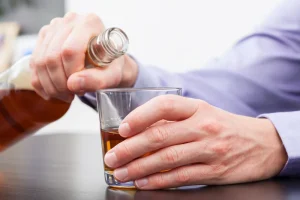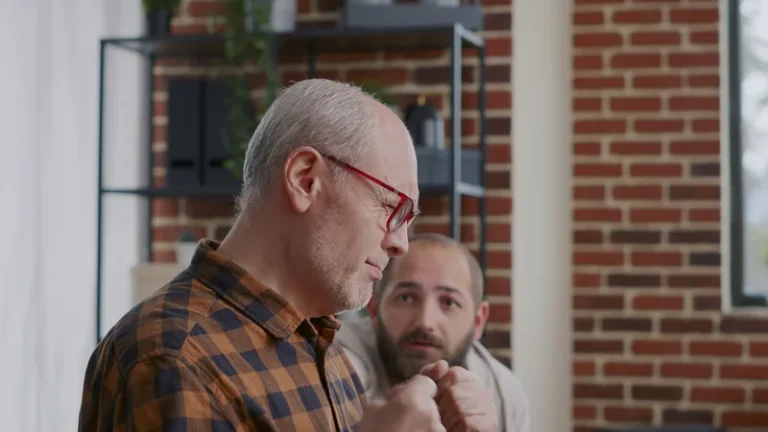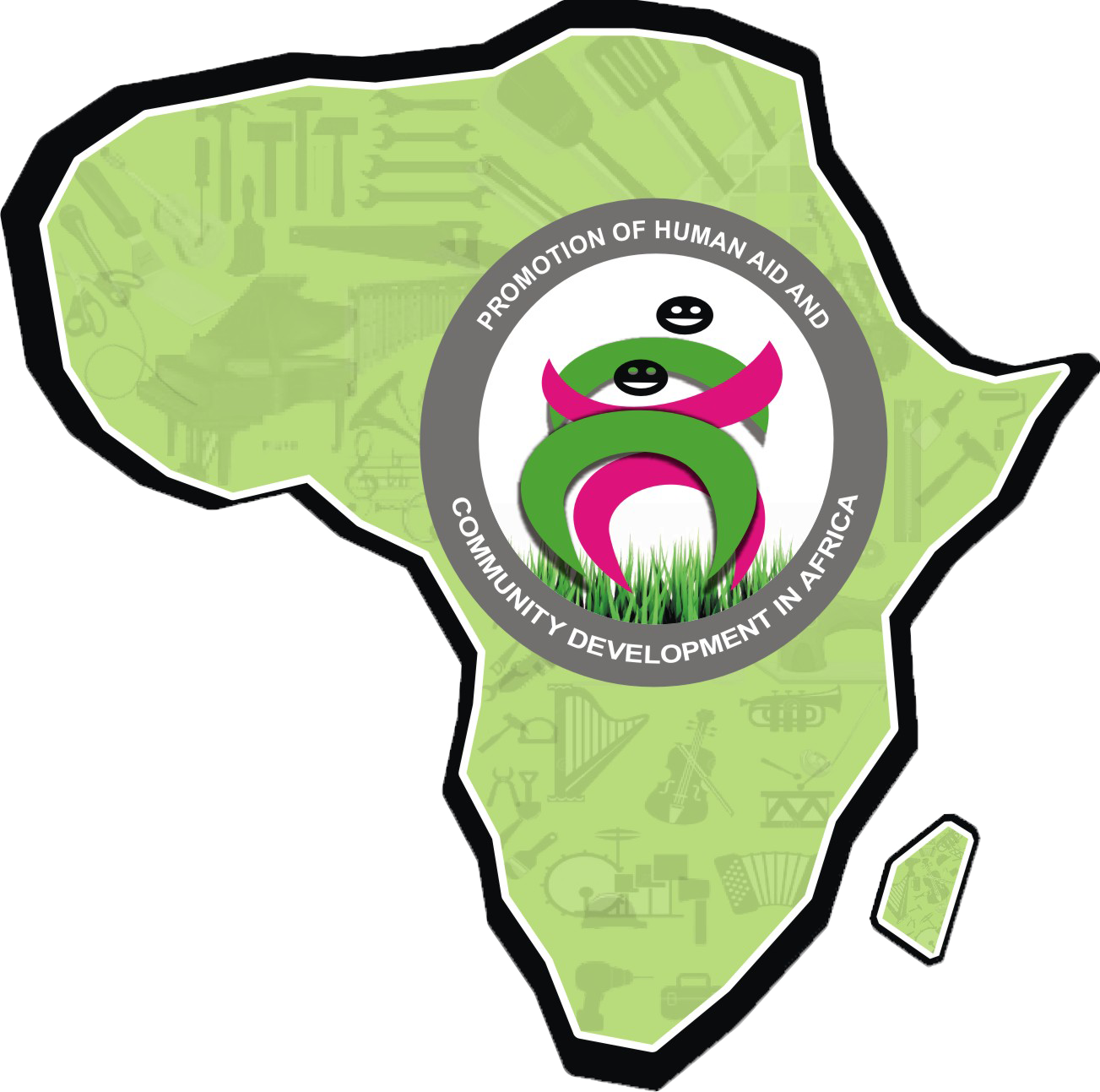What to Do After a Relapse: 6 Steps To Take After a Relapse

I prefer to use the term “set back” when I get sucked back into the Black Hole — bam! — stuck inside a brain that covets relief, any form of relief, and will do just about anything to get it. It can bring on feelings of shame, frustration, and often cause someone to feel as if they are incapable of changing their behavior or achieving their goals. Avoidance is an excellent coping strategy if you know that you are likely to run into danger. But life is often unpredictable and it’s not always possible to avoid difficulty.
Harvard Health Blog

Focusing on emotional wellness each day reduces restlessness, irritability, and discontent, which can build up over time and lead to relapse. It is hoped that more severely mentally ill people will obtain life-saving treatment and pathways to better what to do after a relapse housing. • Unpleasant feelings including hunger, anger, loneliness, and fatigue. As a friend offering peer support in addiction recovery is always the right decision. You just have to use your resources efficiently to create the desired outcomes.
Consider Medication
- Caring for your mental and physical health is critical for effective relapse prevention.
- Including others in a relapse prevention plan can help the plan succeed.
- Being aware of the stages of relapse and having a plan to deal with them can help prevent you from using again.
- An addiction specialist or another mental health professional can help you develop additional coping strategies.
- “Many people who engage in [self-harm and addiction] behaviors are dissociative,” Ferentz says.
As an organization that has navigated this rocky terrain personally or through the lens of supporting others, we know that relapse, while challenging, is not the end of your journey. It’s a bend in the road, and you can find your way back on track with the right approach. You stop attending all meetings with counselors and your support groups and discontinue any pharmacotherapy treatments. You may feel loneliness, frustration, anger, resentment, and tension. You’re not alone in your battle against substance use disorder (SUD).
- You may be scared or worried, but you dismiss those feelings and stop sharing them with others.
- Therapy is extremely helpful; CBT (cognitive behavioral therapy) is very specifically designed to uncover and challenge the kinds of negative feelings and beliefs that can undermine recovery.
- You’re now better equipped to handle your recovery and achieve success, because you know what not to do and what to look out for.
- • Build a support network of friends and family to call on when struggling and who are invested in recovery.
- But sometimes people don’t even realize they took fentanyl in counterfeit Adderall or Xanax pills or while smoking meth.
- Whether through artistic expression, outdoor activities, or social events, leisure activities offer a way to recharge and balance one’s life.
Warning Signs and Stages of a Relapse

The National Institute on Drug Abuse estimates that 40 to 60 percent of people who were once addicted to drugs will eventually relapse. BetterHelp can connect you to an addiction and mental health counselor. However, emotions and resulting behaviors may already be laying the foundations for future relapse. As a result, people may stop trying to heal and never recover from a relapse. People are at risk of relapse if exposed to different risk factors.
If you can identify them, you can take action to keep them from progressing into a full-blown relapse. Maintaining optimal oral health is vital for overall well-being, https://ecosoberhouse.com/ ensuring a confident smile and contributing to systemic health. However, numerous factors, including drug use and abuse, can significantly affect oral health outcomes.
Seek Further Treatment & Support
It is crucial to address these feelings constructively to prevent further setbacks in the recovery journey. Relapse prevention treatment duration varies based on individual needs but often spans 12 to 20 sessions, each lasting about an hour. Sessions occur weekly at first and then may taper off to biweekly or monthly. During these sessions, therapists teach coping skills, identify triggers, and develop strategies to prevent relapse. Poor self-care leads to negative emotions, feelings of unhappiness and increased levels of stress. As people continue to practice poor self-care, they transition into a mental relapse.

Alcohol or Drug Relapse Signs and Symptoms

- Follow these 10 techniques to help you stay on track with your recovery.
- We also offer cognitive behavioral therapy to help individuals manage their negative thoughts and behaviors.
- Loneliness and a lack of social support can also make alcohol or drug use more appealing.
- The majority of people who decide to end addiction have at least one lapse or relapse during the recovery process.
